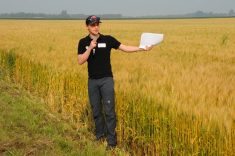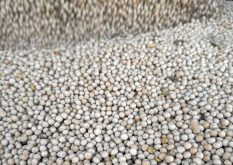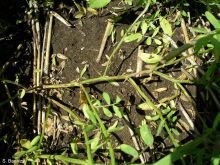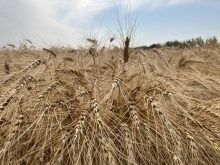WINNIPEG — A television crew from France will be travelling to Saskatchewan this summer to find out why Canadian farmers spray desiccants on pulse crops.
The crew will be producing an episode for a French TV program called Sur le front, which focuses on environmental issues.
“(Host) Hugo Clément takes us to meet the men and women fighting to defend the planet,” says a description of the show, which airs on TV5Monde in Europe.
Read Also
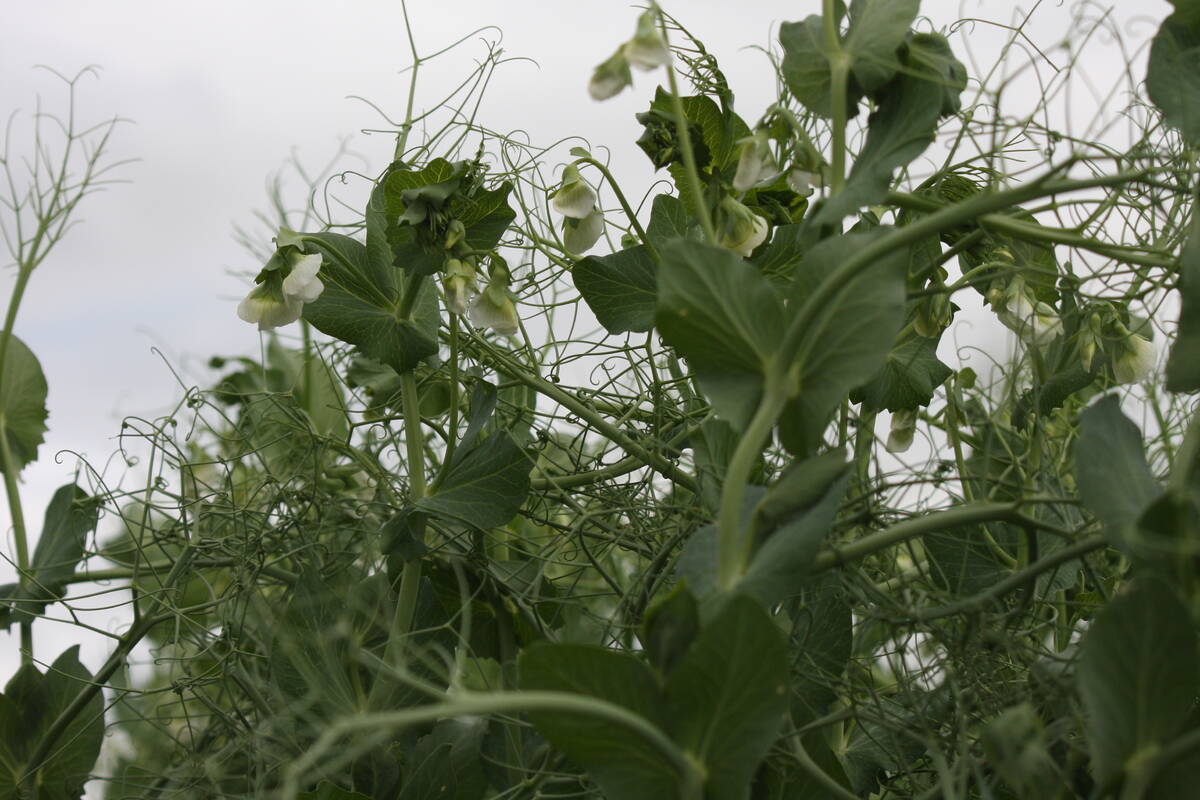
High pea yields shock farmers
There is going to be a massive pea carryout at the end of this crop year.
“A programme to discover those devoting their lives to protecting the world’s ecosystems.”
The upcoming episode will look at the pros and cons of using desiccants, which are chemicals used to dry down crops before harvest. A team from Quebec and France will shoot video of Saskatchewan farmers this summer as they spray desiccants on their fields.
Jeff English, vice-president of marketing and communications with Pulse Canada, has known for awhile about the television crew and its plans to film in Saskatchewan.
Producers for the show contacted Pulse Canada, SaskPulse and other groups, looking for Canadian farmers to talk to about desiccants and glyphosate, which is used as a pre-harvest aid on many crops, including pulse crops.
English said Pulse Canada welcomes the opportunity talk about how lentils, peas and other crops are produced because the industry is sustainable and responsible.
“Obviously, there are certain people that will have certain views. And that is entirely their right…. (But) from an industry perspective, we want people to be aware of how crops are grown in this country…. There’s nothing to hide from a Canadian perspective with respect to how this crop is produced.”
Canada ships pulse crops around the world, and the main export to France is lentils.
Last year, lentil exports to the European country were 15,900 tonnes, valued at $25.8 million. Canada is the No. 1 player in the market, with Canadian lentils representing 57 per cent of France’s imports in 2024.
The demand for lentils in Europe is expanding as the food industry develops new uses for the crop, such as plant proteins and ready-to-eat meals in a pouch.
“This is a massive market in Europe.… Think Uncle Ben’s type of products,” said Tanya Der, Pulse Canada’s director of diversification and market insights.
The increased presence of Canadian lentils at grocery stores in France could explain why an environmental TV program is interested in desiccants applied to crops in Saskatchewan.
Europe’s approach to agricultural chemicals is distinct from North America and most of the world. The EU follows a hazard-based approach, which assumes that if a chemical is hazardous, then no level of exposure is acceptable for human health.
Canada has a risk-based approach, which means the Pest Management Regulatory Agency considers the toxicity of the chemical and the level of exposure to assess risk.
The systems may be different, but Canada’s grain industry does worry about the rules in other countries. It dedicates a great deal of time and resources to its Keep it Clean program, which educates farmers on how to safely use pesticides and stay below Maximum Residue Levels (MRLs) for cereals, canola and pulse crops.
“Canada exports close to $4 billion of pulse crops to over 130 countries annually, and shipments containing even the smallest amount of unacceptable pesticide residue can be rejected, causing millions of dollars in losses and putting key markets at risk,” says Keepitclean.ca.
A French television program focusing on desiccants and pre-harvest use of glyphosate could be a risk for Canadian exports of lentils and other pulses to Europe, but English said the pulse industry is transparent and can withstand the scrutiny.
“We have a system that we’re quite proud of…. We’re happy to go toe to toe with any country in the world, with the soundness of the system (for) the safety and quality of crops.”







